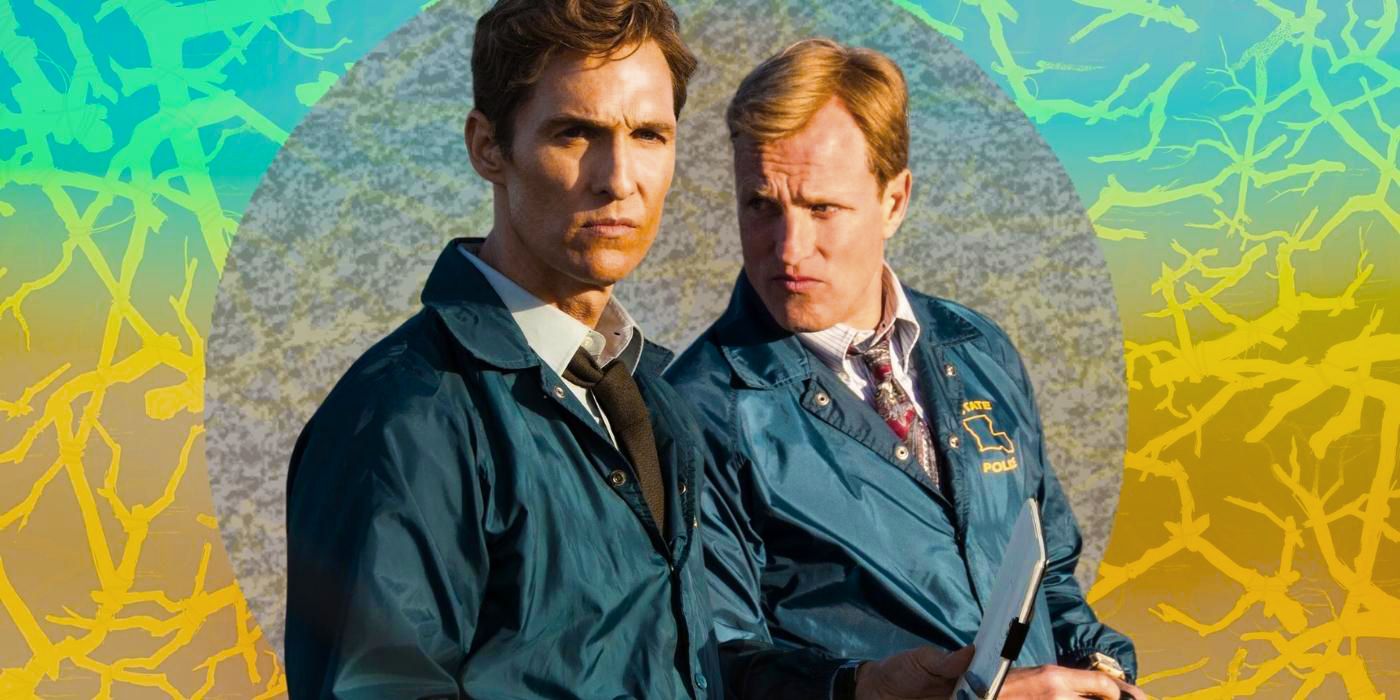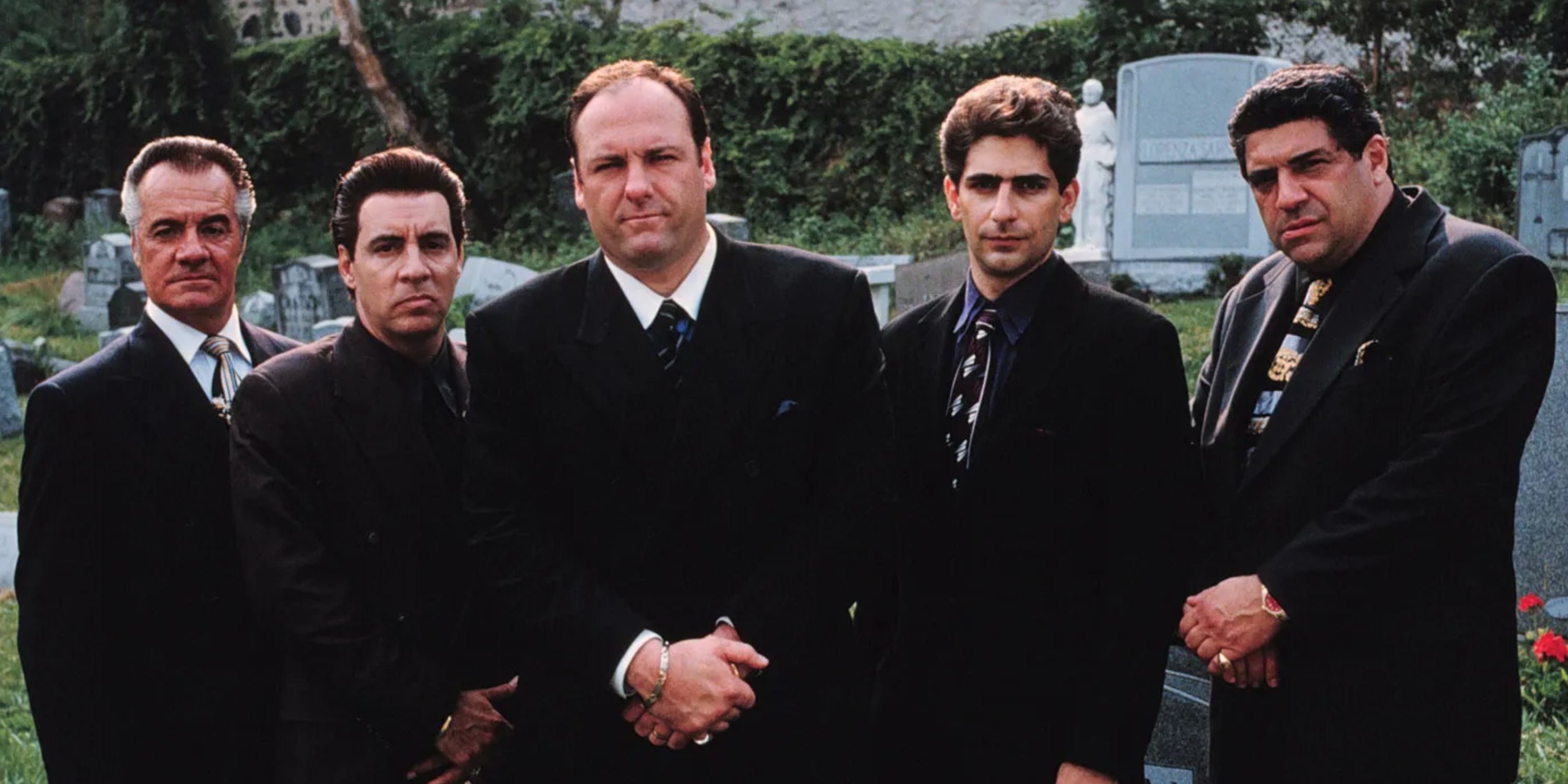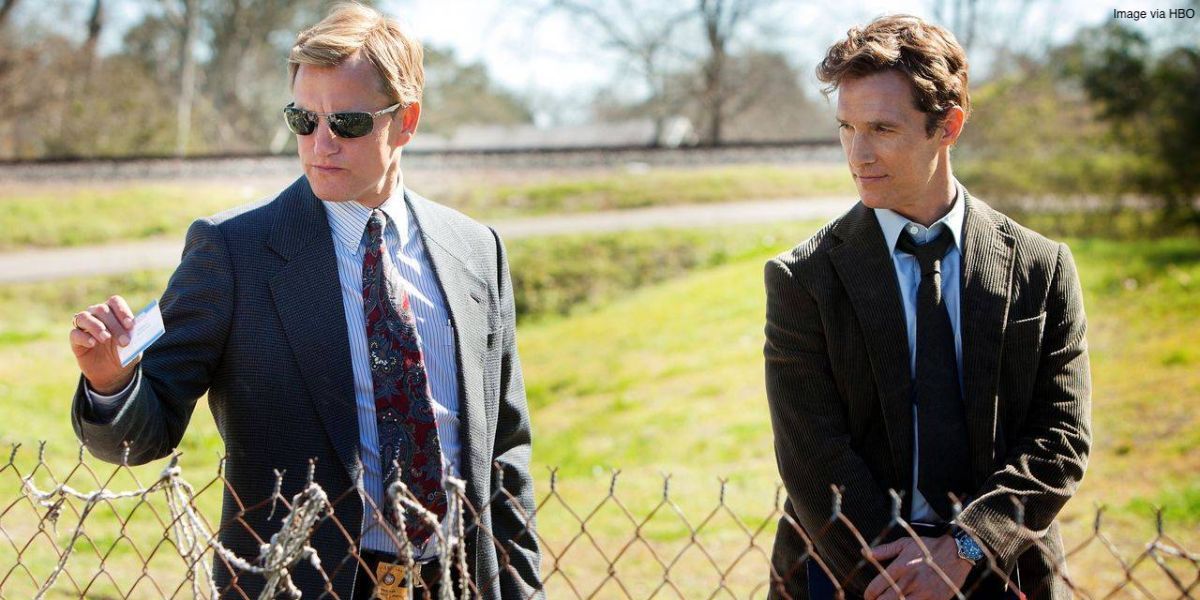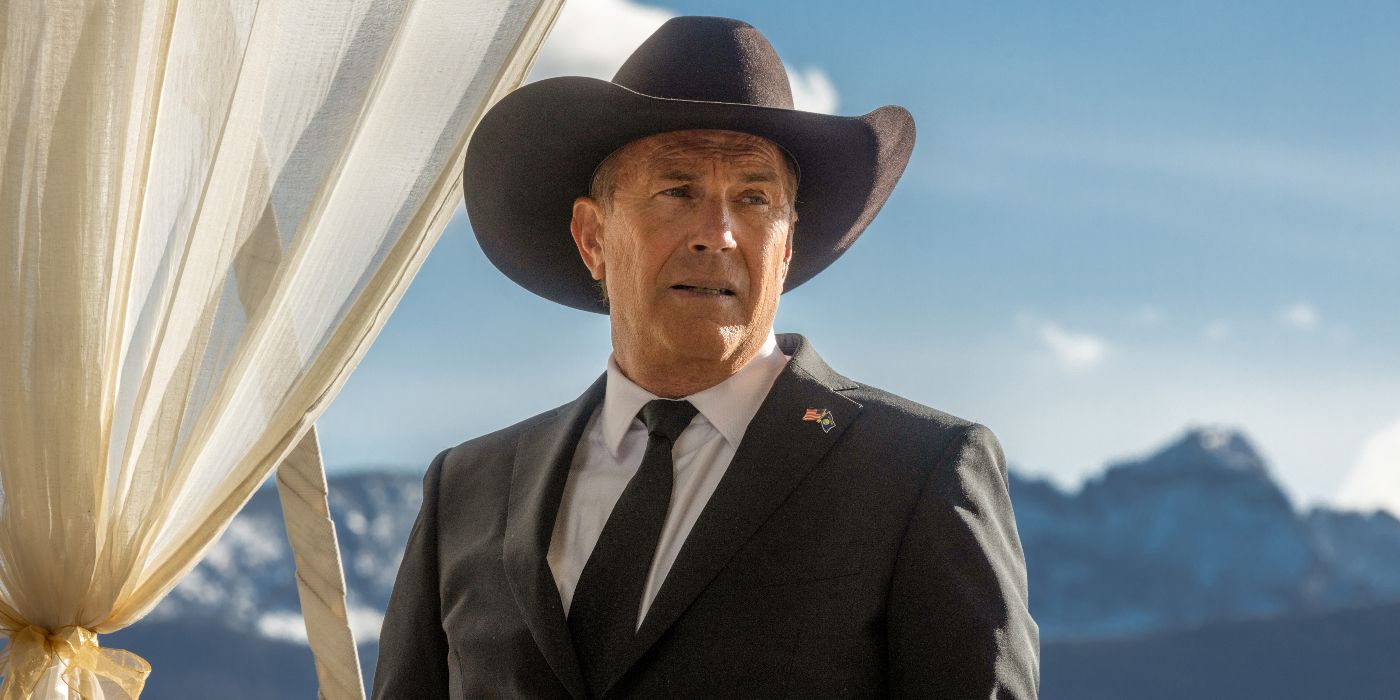In the entertainment industry, a star’s career trajectory has been established as a tradition since the dawn of moving pictures. For an actor, the understood career path is to begin working in television. After years of fine-tuning one’s craft and establishing name recognition, an actor then makes the jump to the paradise of all creative artists: Hollywood. If television is the minor league, then movies are the majors. While actors historically dream of the day of getting called up to the big screen, the 21st century has seen this trend inverted itself. In a shocking turn of events, movie actors with star power have jumped ship and returned to the small screen. Suddenly, working on television, specifically prestige cable and streaming dramas, has become a desirable career move for many. This newfound career trajectory has become such a norm, that it is easy to forget who kicked off this trend, and why it transpired in the first place.
When Did Movie Actors Start Going Back to Television?
Early examples of movie stars transitioning to the small screen were scarce. While she became the face of one of the most iconic sitcoms in history, Lucille Ball began her career in movies, and only committed to a television dynasty with I Love Lucy after film studios had written her off. Another career pivot came from Barbara Stanwyck. The bombshell femme fatale of Double Indemnity signed onto the western series The Big Valley, winning an Emmy and multiple nominations for her performance on the show. Stanwyck never appeared in a film in the aftermath of starring in the series, which ran from 1965 to 1969. In a surprising move after garnering an Oscar nomination for the game-changing Star Wars, Alec Guinness immediately moved to television, leading an adaptation of Tinker Tailor Soldier Spy in 1979.
In relation to Guinness, casts of some of the most iconic series this century are filled with Brits unassumingly playing Americans, including Idris Elba (The Wire), Ian McShane (Deadwood), Damian Lewis (Billions), Hugh Laurie (House), Andrew Lincoln (The Walking Dead), and Matthew Rhys (The Americans). The 21st-century boom of prestige television stands as the follow-up to the British Invasion of the 1960s. Historically, Britain does not run on the same star system as Hollywood. As a result, there was never as much of a stigma attached to working in television for film actors in Britain as there used to be in the US.
What Is the Draw Towards Prestige Television for Film Actors?
However, the rise of the prestigious cable dramas that originated with The Sopranos in 1999 arouse for a reason. The medium had its eyes set on franchise filmmaking as the way of the future, and as a result, mid-budget, adult-oriented stories were repackaged as television shows. From a different perspective, one could argue that television improved in quality naturally, as writer/actor Sharon Horgan put it, an episodic series contained “a film in every single episode.” In a flash, the model that created the greatest movie stars of the 20th century, Clint Eastwood, George Clooney, Denzel Washington, Jennifer Garner, Helen Hunt, Bruce Willis, and Will Smith — who all started as TV stars, was inverted, specifically in the 2010s.
Stars who were on the bubble of being household names like James Gandolfini and Bryan Cranston ostensibly were elevated to movie star status after breaking out with an iconic television leading role. Their respective shows, The Sopranos and Breaking Bad, would go on to be the defining project of their careers (especially in the case of Gandolfini, who passed too soon), instead of vaulting to being the face of Hollywood blockbusters. Nowadays, what used the pipeline for constructing stars on the big screen now became the destination for firmly established faces. Prominent T.V actor Jeff Daniels stated that the small screen became a worthy landing spot for serious actors because “Jim Gandolfini made it happen.”
‘True Detective’ Marked the Current Shift of Movie Stars to the Small Screen
If there was a turning point when the dynamic of an actor moving from shows to films flipped, True Detective would be a worthy game-changer. Matthew McConaughey, an identifiable movie star in the middle of a career comeback, would team up with a star who followed the traditional TV to movies pipeline, Woody Harrelson. The Showtime anthology series which continues today with a brand-new story and cast with each respective season is an enticing project for any actor, filled with so much dramatic intrigue, rich ideas, and impressive filmmaking. In their heyday as movie stars, True Detective would likely have been a stand-alone feature film, and the two would still be well cast in their parts.
Because of the quality of the product, by no means was their transition to TV an artistic step-down. In the time since the airing of True Detective, countless movie stars have made the shift to the small screen. 20 years ago, it seemed infeasible that Harrison Ford (1923), Kevin Costner (Yellowstone), Julia Roberts (Gaslit), Meryl Streep (Big Little Lies), and Michael Keaton (Dopesick) would ever submit their talents to a deemed inferior medium. It is rare when a movie star commits to exclusively serving the big screen. Will we see the day when Tom Cruise and Leonardo DiCaprio give in to the power of prestige television? Probably. Due to the realities of the industry in 2023, it is inevitable and understandable for all movie stars to take their talents to the small screen.
The Thin Line Between Movie Stars and Television Stars in Contemporary Pop Culture
Relating to an entertainment industry that has forgone rapid alterations over this century, ideas of how audiences categorize stars have been shattered. Michael Keaton said “I don’t think we’re ever going to go back to the days where ‘I’m only a movie guy’ or ‘I’m only a theater guy’ or ‘I’m only this kind of guy.’ Forget all that.’ “ This contemporary digital age of culture has led to a homogenization of content. The divide between movies, TV shows, miniseries, YouTube videos, and TikTok reels has become increasingly negligible. This lessens any semblance of a class divide between film and television actors. Over the past few years, there has been a widespread discussion surrounding the lack of movie stars.
This concern can be attributed to the presence that TV programming plays as an outlet for artistically-minded stories removed from franchise filmmaking dominated by comic book adaptations. The lack of star-driven vehicles in contemporary, populist filmmaking does not allow young actors to flourish as figures whose faces can sell a film alone. While the likes of Julia Roberts and Kevin Costner starring in shows may have appeared like their careers are on a downward path 10 years ago, in the current climate, it is just part of the norm. If anything, the more interesting projects that push the envelope of storytelling and the abilities of an actor are located in the confines of the television screen.





